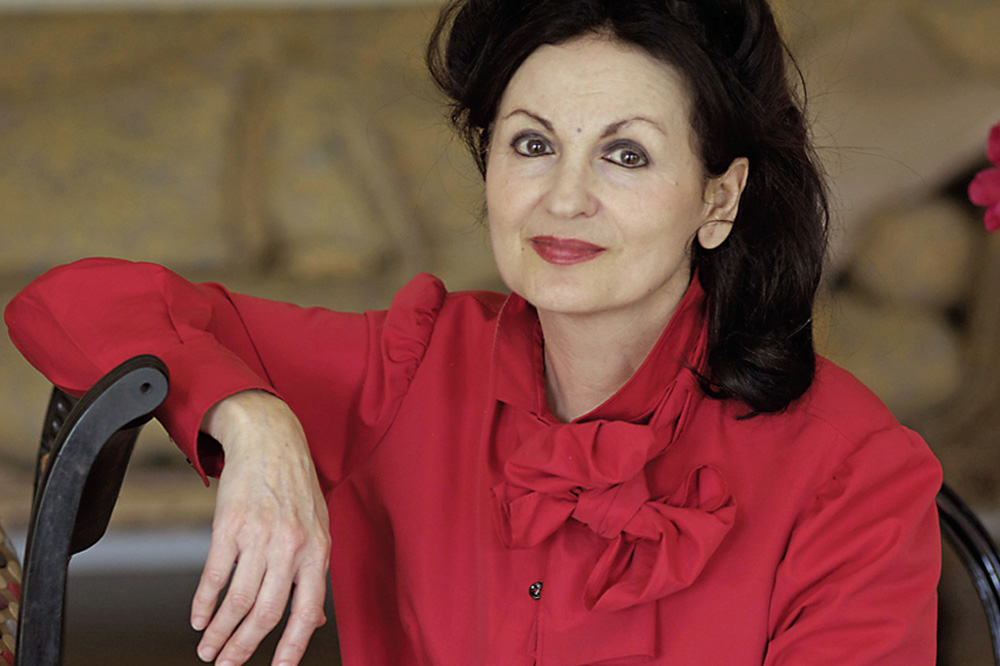
Hanan Al-Shaykh
Look closer to home for a new read and explore the works of the female Arab writers who championed change, revolution and feminism. We’ve put together a must-read list of some of the most inspiring Arab women who used their writing to make bold statements against the patriarchy and challenging Arab society, religion and social issues including gender equality. There is nothing more motivating than reading the works of women who paved the way for future generations of Arab women. Check them out:
Ghada Al Samman

Syrian-born Ghada Al Samman is a noted novelist and journalist who wrote short stories and poetry, as well as novels and journalistic pieces. Born in 1942, Ghada is proclaimed as “one of the most important Syrian authors” and is one of the first Arab feminists to speak out about gender issues and equality. She dedicated many of her pieces to the city of Beirut as it influenced many of her works. Other published pieces included her love affair with author Ghassan Kanafani in the 1960s through a documented series of letters.
Al Samman now lives in Paris, France.
Huda Shaarawi
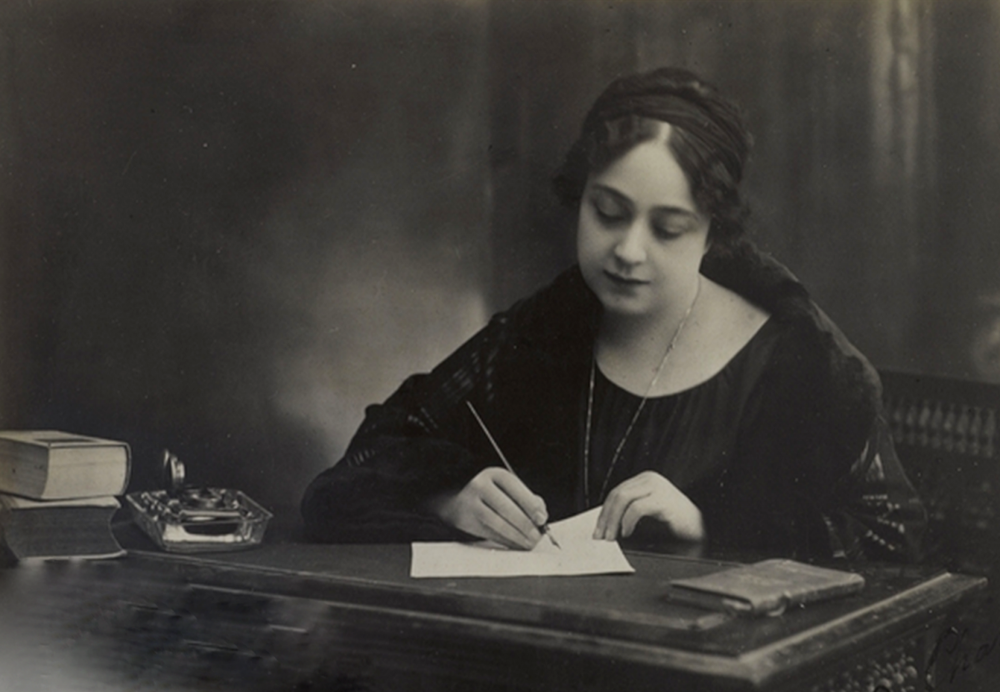
She was the founder of the Egyptian Feminist Union who aided the organization of women’s demonstrations against the British occupation. As well as being a publisher and philanthropist, Huda Shaarawi is known for her book, Harem Years: The Memoirs Of An Egyptian Feminist. In her memoir, she daringly wrote of gender inequality, "I loved Umm Kabira immensely, and she returned that love and showed compassion toward me. She, alone, talked frankly with me on a number of matters.… She knew how I felt when people favoured my brother over me because he was a boy. She, too, occasionally fanned the flames of jealousy in me, but without diminishing my love for my brother."
She passed away in 1947 in the city of Cairo.
Fatima Mernissi
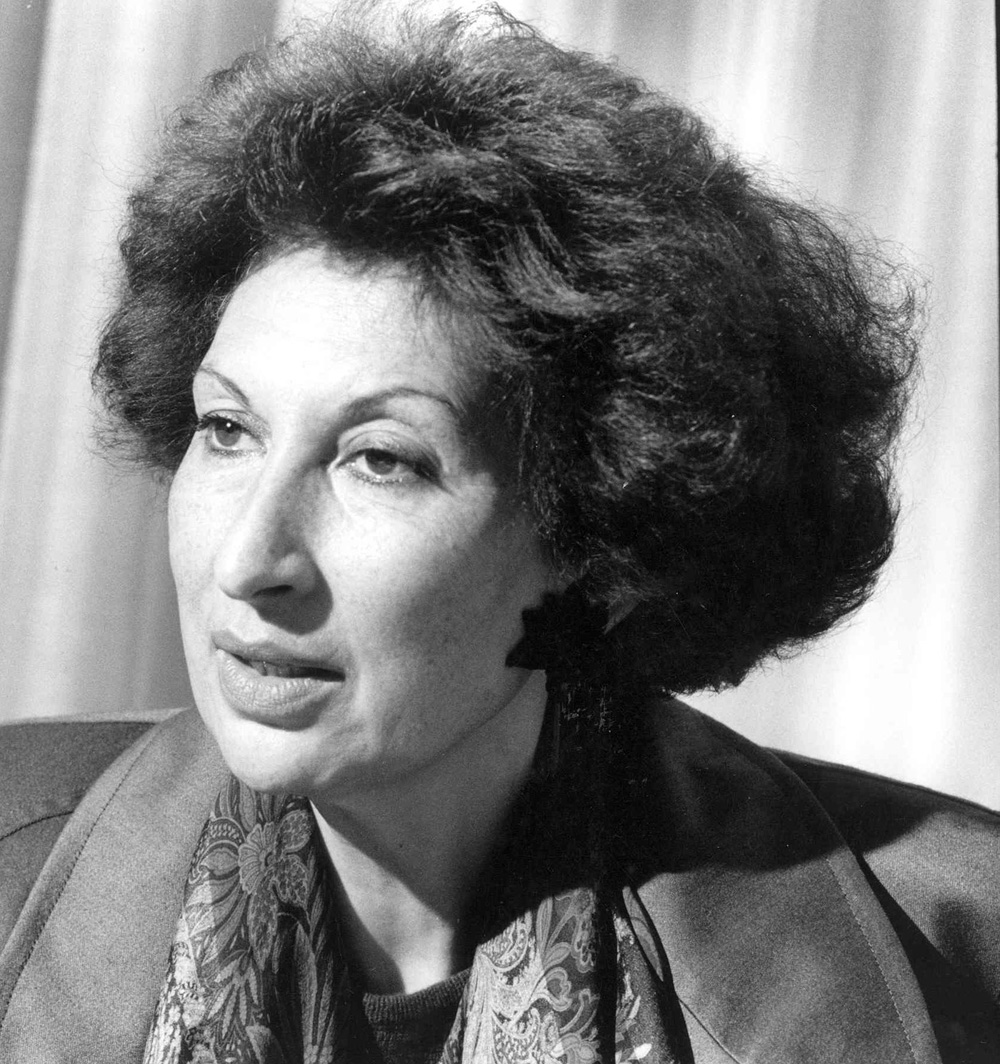
One of the most well-known Arab feminists in the world, Fatima Mernissi is an important feminist figure in the Arab world. The Moroccan writer and sociologist famously wrote, The Veil and the Male Elite: A Feminist Interpretation of Islam, which was banned in Morocco, Iran, and Arab states of the Persian Gulf. The book analyzed Islamic law and tradition, and stated that "the original message of the Prophet Mohammed, equality between the sexes, has been changed by the political leaders and religious scholars over the years."
Mernissi died in Rabat, Morocco in 2015.
May Ziadeh
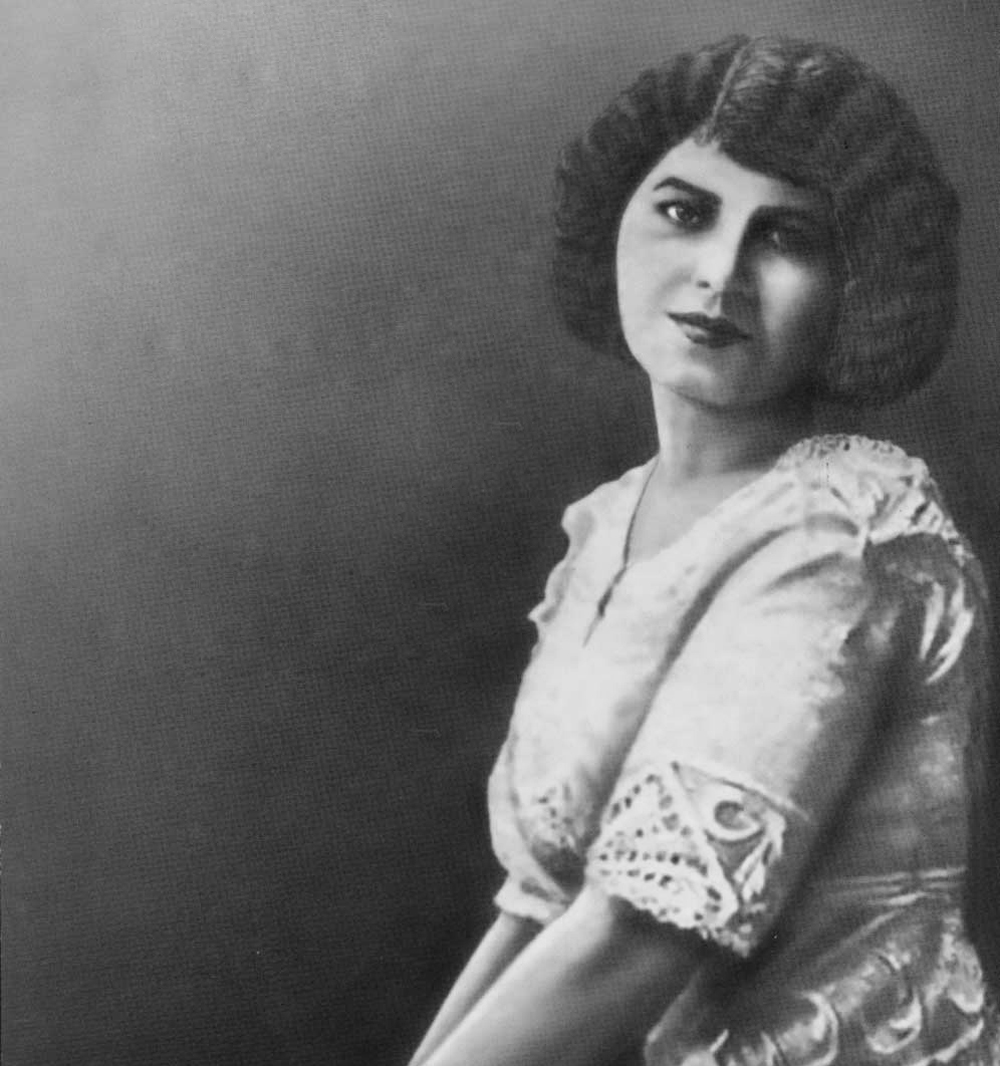
Born in Nazareth in 1886, May Ziadeh was described as being “at the very pinnacle of women’s literature, and, without any doubt, without equal. A captivating writer, a brilliant literary salon hostess, and an orator who won the hearts of all who heard her, she was the focal point around whom revolved the most prominent men of science, literature, and poetry,” in Anbara Khalidi’s Memoirs of an Early Arab Feminist. Ziadeh was a Palestinian Lebanese author who is revered and said to have “injected a new flavor, unknown to Arabic literature at the time.” May Ziadeh was vocal about feminism and called upon Arab women to aspire towards freedom without shedding their heritage. She also believed in liberation women through education, receiving voting rights, and finally having representation in government.
May Ziadeh passed on in 1941 in Egypt.
Hanan Al-Shaykh
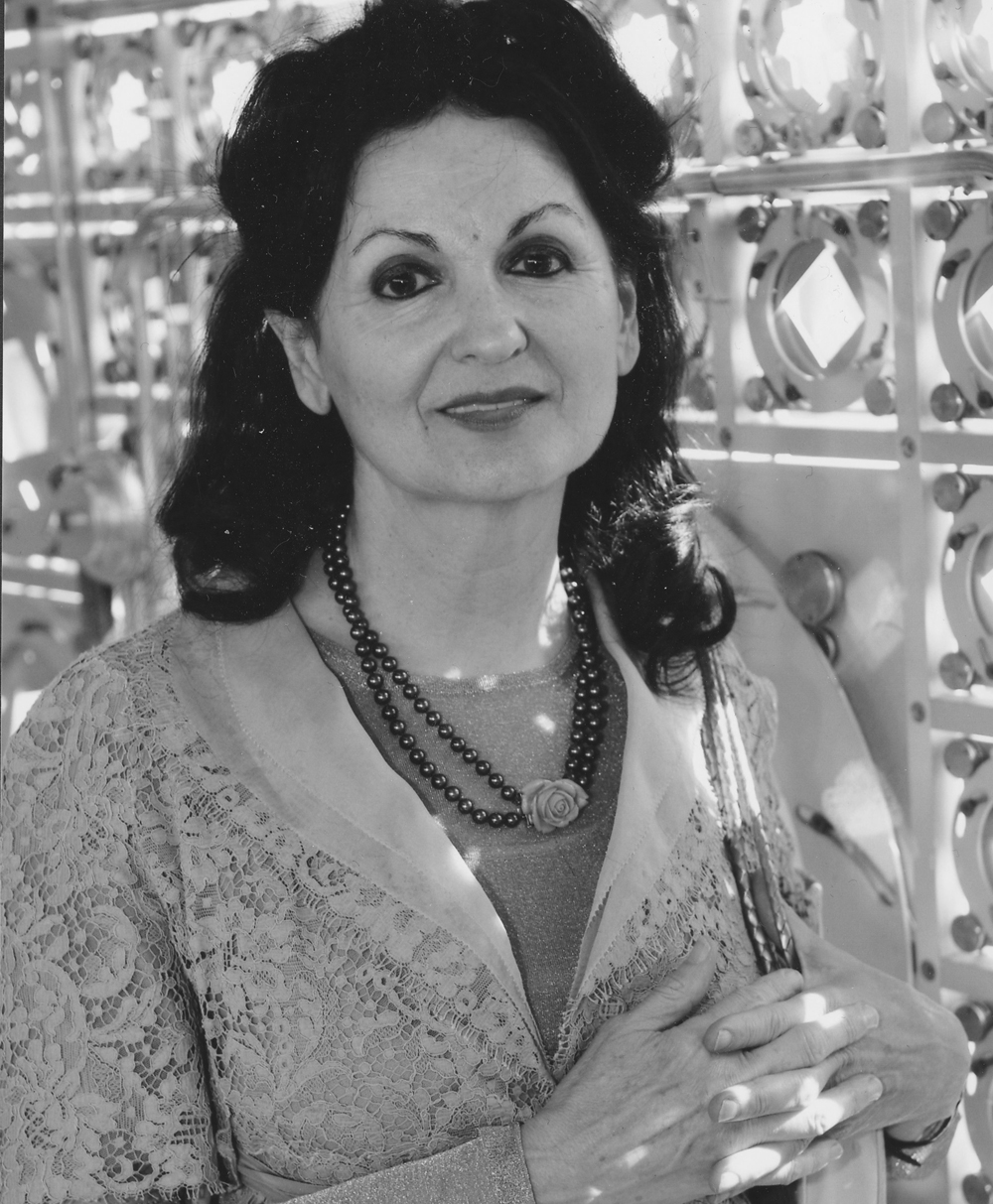
Known all over the world for her writing, Hanan Al Shaykh’s work challenges the position of women within Arab society. She criticizes deep rooted patriarchy – which has burdened the lives of Arab women for decades. Writing fiction, Al Shaykh conveys stories of subjects deemed as “taboo”, including the topics of homosexuality, abortion and female infidelity, making her a groundbreaking writer within Arab literature. Not only does Hanan fiercely discuss controversial topics, she also explores identity and belonging and this is seen in her 2001 novel, Only in London, which is a portrayal of the melee between one’s native culture and that of a new country.
She currently lives in London with her family.

















